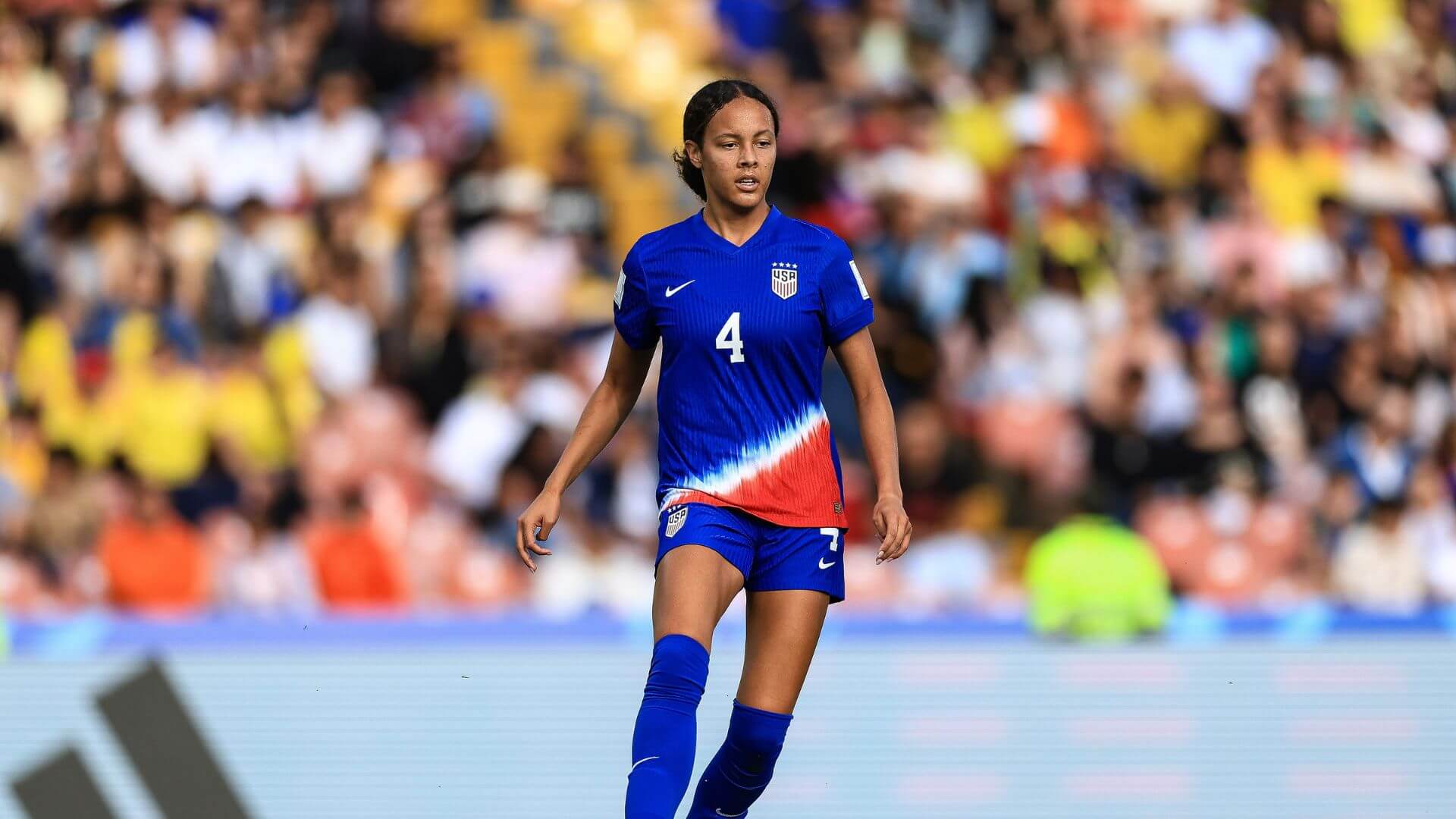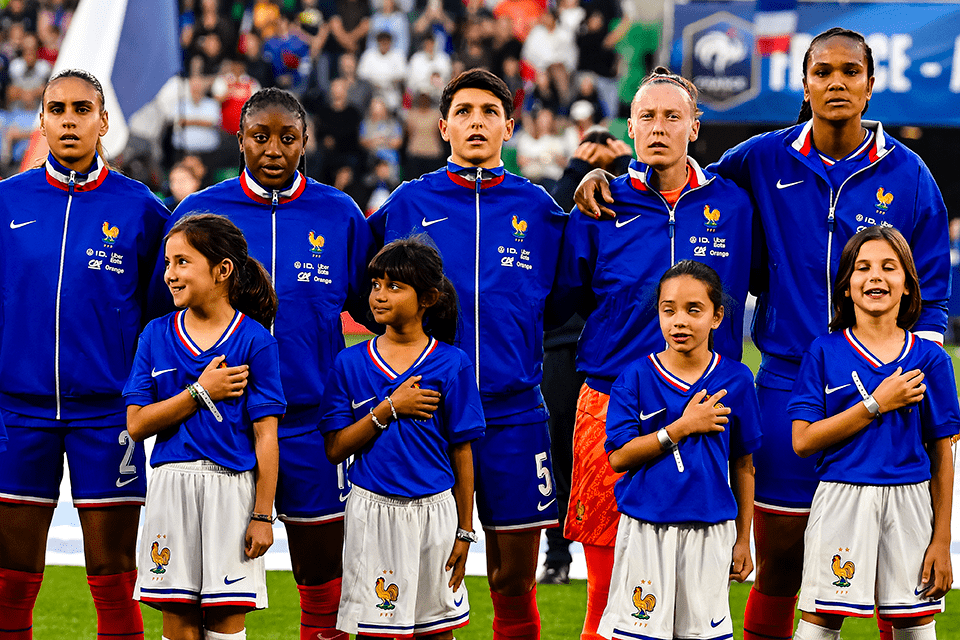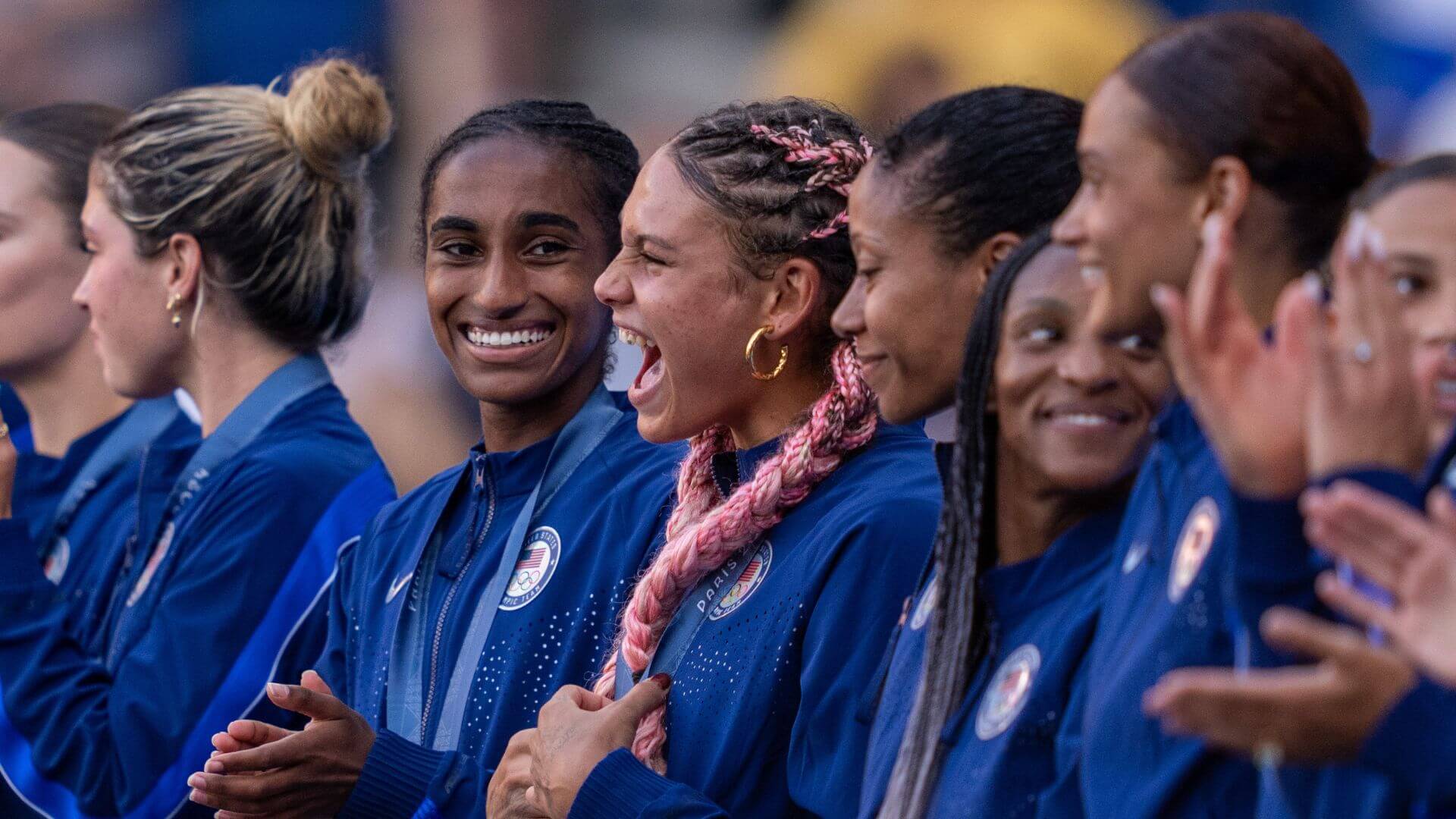What Went Wrong With Spain at the Olympics?
The defending World Champions, Spain, features one of the greatest soccer teams of all time. Oddsmakers across the board listed them as favorites to win the gold medal. Instead, a loss to Germany in the bronze medal match saw the Spaniards come away empty-handed. Of all the unexpected upsets at the Olympics, Spain coming away without a medal in women’s soccer had to be among the most shocking. It begs the question, what went wrong with Spain at the Olympics? Let’s take a deep dive into what happened with Spain’s stacked squad.
Olympics’ Smaller Roster Size
The first factor is how the Olympics is set up with scheduling and roster size. Olympic teams are allowed 18 players with four alternates, and the alternates come in only if there’s an injury. That’s a significant decrease from the 23 players allowed at the World Cup. Plus, the time between games is one fewer compared to the World Cup. When you consider less depth and one fewer day of rest, it’s far more taxing on the group of players without rotating the squad and getting more time to rest. Spain had an incredibly deep team at the World Cup. But they couldn’t use that depth to their advantage with a smaller roster size. These reasons tie directly into the next factor: how all of Spain’s star players play a significant number of games in Liga F and the Champions League every season.
Core Players Playing a Lot of Games Year After Year
Of the 18 players on the roster, seven play for Barcelona. All seven are starters who play the majority of minutes throughout the season. Cata Coll, Ona Battle, Irene Paredes, Aitana Bonmati, Alexia Putellas, Patri, and Salma Paralluelo are the seven, plus Mariona Caldentey who left for Arsenal in the summer.
Barcelona plays 30 league games. Plus, they’ve made the Champions League Final four years in a row, winning it three of those four times. That’s an extra 32 games played for most of those core seven players. 120 league games to go with the 32 games in 152 matches played over four years. These are some of the most fit women on the planet, but they’re still human. All those games start to add up over time.
When you compare that to the NWSL, a league that previously played 22 games per season, with no Champions League and USWNT stars leaving to play international games, the players in the NWSL are far more fresh compared to Spain’s players. Considering the number of games played and Spain’s inability to use their depth to their advantage, it likely contributed to their lack of goals scored as well.
Poor Finishing
Spain did not lose a game in the Group Stage, and the name of the game is to survive and advance. But their lack of clinical finishing was almost their downfall against Colombia, and it ended up doing them in against Brazil and Germany. In the Group Stage, Spain had 65 shots, 24 of which were on target, with just five goals to show for it. It’s one thing to dominate possession, but the name of the game is to score, not just play keep away. Against Colombia, Brazil, and Germany, Spain had an absurd 74 shots with 23 on target and four goals.
Those conversion rates are awful. The microcosm of their whole tournament came to a head in the bronze medal game, but they still had a chance to force extra time against Germany. You’d bet the house on Alexia Putellas to convert, but Ann-Katrin Berger had other ideas. It was a great save from Berger, but after 96 minutes of play in a long tournament, it’s conjecture, but tired legs and fatigue may have been a factor.
If there’s one thing that Spain doesn’t have, it’s a true striker they can rely on. Salma Paralluelo was huge in the World Cup, but she couldn’t produce in the same way in the Olympics, relying far too much on Bonmati and Putellas to create and score. This leads to the last factor, which isn’t talked about enough. It might be one of the few flaws of the tiki-taka style that Spain plays.
Playing Style Doesn’t Help When Playing With a Deficit
For whatever reason, Spain started slow in every single game they played. Japan surprised them in the first game with a lead after 12 minutes, and Aitana Bonmati responded with a beautiful goal in the 22nd minute. They would come back to win that game, and everything initially seemed normal. However, they scored all their goals after the 68th minute for the rest of the tournament. Leaving it late allowed for their opponents to stay in the game. If Spain can’t score an early goal but their opponents do, all we see is their opponents like Colombia and Brazil sit back and park the bus. Doing so makes it far more difficult to break down a defense with constant passing. Spain isn’t capable of playing as directly as possible when trailing in a game; they have to pass the ball around, which takes more time.
They got lucky against Colombia to score two insanely late goals and were exposed by Brazil, which was far more clinical and converted the minimal chances they had. They pulled off a huge comeback against Japan and the same against Colombia, but it finally caught up with them against Brazil.
Tiki-taka is beautiful to watch and enjoy when Spain plays it, but it has a weakness. If you can find a way to score first and force them to chase the game, the dynamic changes. Tiki-taka suffocates your opponents by making them run around and fatigue by chasing the ball. But if their opponent scores first and can sit back, they’ll allow Spain to pass in front of them all day without running and chasing the ball.
If Spain isn’t playing at a 10/10 level with precision in all areas and they are tired themselves, we see the result. They didn’t even win a medal at the Olympics. This team will be back with a vengeance in the next World Cup cycle. But they didn’t look as invincible as they did a few years ago. Outside of Paralluelo and Bonmati, the core of this team isn’t getting any younger. Paredes, Putellas, and Hermoso will be in their early to mid-30s by the next World Cup. With more Liga F and Champions League games to come, it’ll be interesting to see how this core of players holds up in the future.
Featured image via Getty Images
_
GIRLS SOCCER NETWORK: YOUR SOURCE FOR GIRLS SOCCER NEWS












